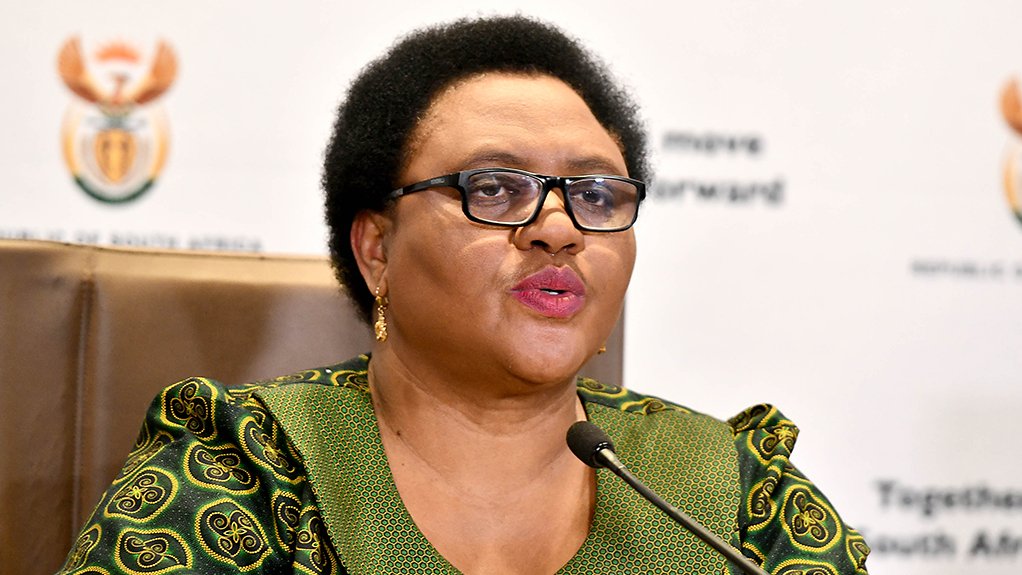South African Minister of Agriculture, Land Reform and Rural Development Thoko Didiza said on Thursday that the agricultural sector should be at the centre of the country’s and Africa’s economic recovery post-Covid-19.
Didiza was speaking during a virtual address, commemorating rural women in South Africa as the country and world celebrated International Day of Rural Women.
The minister addressed the commissioner for rural economy and agriculture of the African Union, Josefa Sacko, and various other officials in the agricultural sector as well as the farming community.
“It is important that we must call on our governments that as we deal with issues of economic recovery, agriculture should be at the centre of that recovery because of its importance in terms of food security for our nation, but also as a base for any industrial developments of our countries,” said Didiza.
International Day of Rural Women was established by the United Nations to pay tribute to the role and contribution of women in the rural and agricultural sector.
Didiza said that in the midst of the pandemic, rural women still showed resilience and provided food for their families.
“One of the interventions is to ensure that women are given access to land for production. Secondly, we need farming instruments that will improve women's capacities to enter the agricultural economy and also enter the field of agribusinesses,” Didiza said.
According to the International Labour Organization (ILO), rural women make up a quarter of the world’s population.
Despite this, the pay gap between men and women is sometimes as high as 40%.
“If women had the same access as men to resources, agricultural output in developing countries would increase between 2.5 and 4% and the number of undernourished people in the world would decrease by approximately 12 to 17%,” said the ILO in a report titled “Rural women at work”.
The ILO explained that rural women performed more duties than men because of their domestic responsibilities yet were still under-compensated.
“Reducing the gap in labour force participation rates between men and women by 25% by the year 2025 could raise global GDP by 3.9%, or around US$5.8-trillion,” said the ILO.
Edited by: African News Agency
EMAIL THIS ARTICLE SAVE THIS ARTICLE
To subscribe email subscriptions@creamermedia.co.za or click here
To advertise email advertising@creamermedia.co.za or click here













